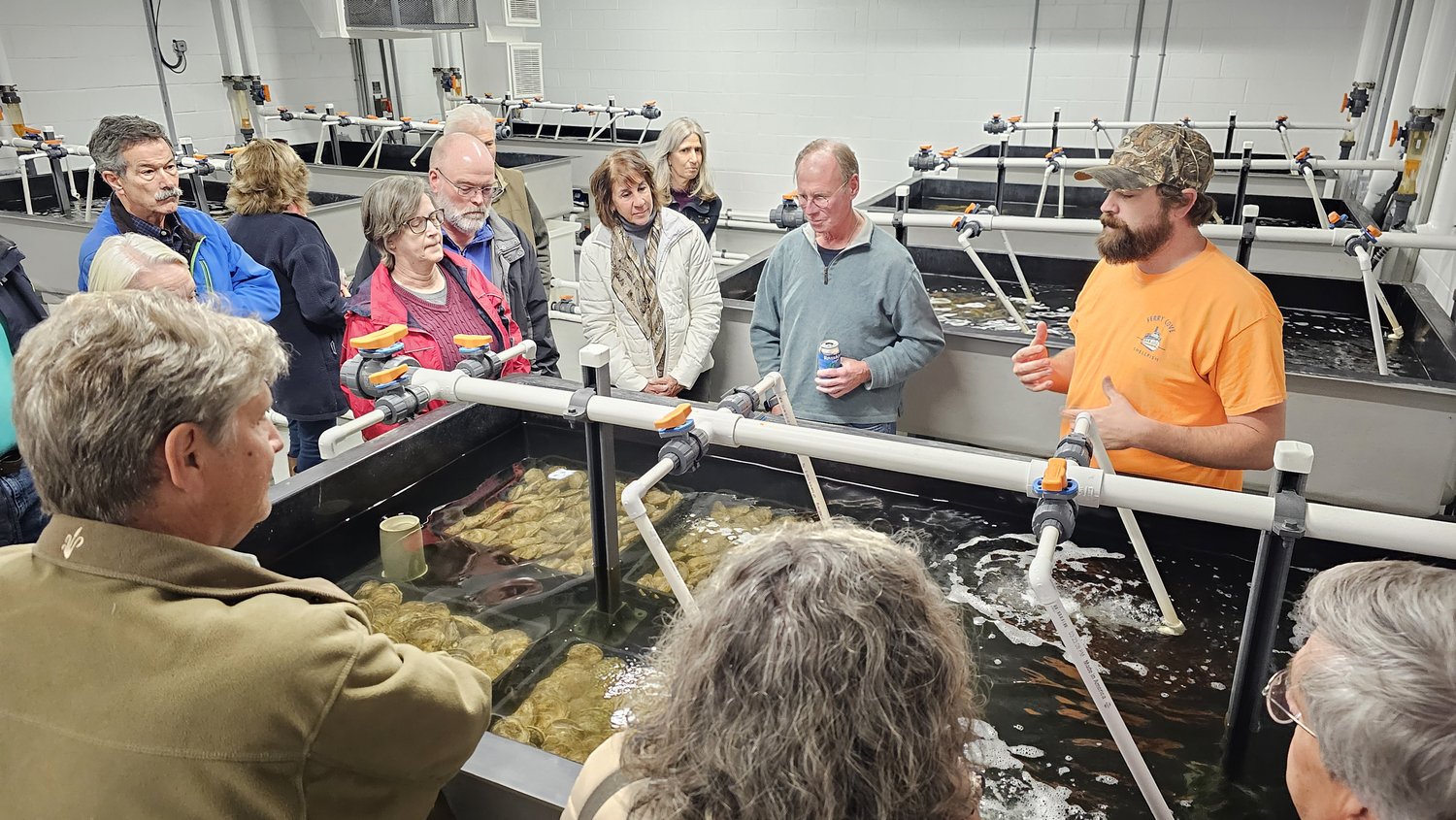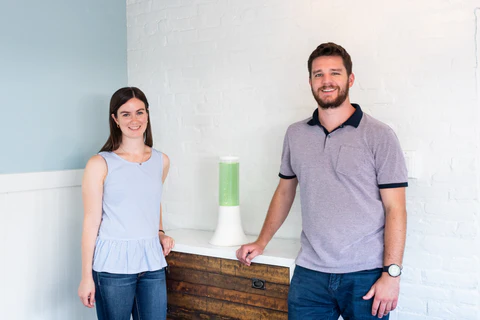Climate Change has been in the news quite a bit over the last few years. What impact will it have on our communities, our health, our occupations, recreation and beyond? What can we do about it? Where are there opportunities? What are the costs and the potential RIO? There are many questions, many ideas and many organizations working to address climate change. Recently Maryland Comptroller Brooke Lierman published a report on the cost of climate change, it is worth reading.
This report led me to ponder how the Ratcliffe Foundation is impacting climate change. As many readers know, the Ratcliffe Foundation is interested in supporting entrepreneurs and skilled trades training for high demand jobs. We recognize that the environment impacts every business, non-profit and academic institution we support. Several of our programs and their participants are working directly to have a positive impact on our environment. Below are a few examples of grant partners who are dedicated leaders in their field of expertise. They are supporting research, education and advances in environmental science that are leading to new products, approaches and business practices that are designed to help the economy and the environment.
The Ratcliffe Environment Entrepreneur Fellow (REEF) program is part of the University of Maryland Center for Environmental Science (UMCES) Institute of Marine & Environmental Technology (IMET).
IMET’s Ratcliffe Environmental Entrepreneur Fellow (REEF) Program is an entrepreneurial training program for UMCES graduate students designed to bridge the gap between scientific research and commercial innovation. Students build business plans around their scientific ideas, apply their research and find solutions to real-world problems.
Here are a couple of stories about REEF graduates and their innovative products that are being used across the nation and around the world:
AlgenAir was co-founded by REEF participants Dan Fucich, PhD and Kelsey Abernathy, PhD while finishing their doctoral research at IMET in marine biotechnology. They wanted to apply the incredible potential of algae to improve indoor air quality. Their products can now be found in airports, commercial buildings, offices and homes.
Read about their installation at the Pittsburgh airport.
Minnowtech co-founder, Dr. Suzan Shahrestani is another REEF participant who created a device for precision aquaculture technologies to maximize aquafarmers’ cultivation efforts using integrated sensor-based systems. The device aims to improve shrimp farming efficiency and can also help to pick up on abnormalities such as disease outbreaks. Read about their device that uses sonar to estimate the biomass in shrimp ponds is proving its worth in Ecuador following successful on-farm trials.




